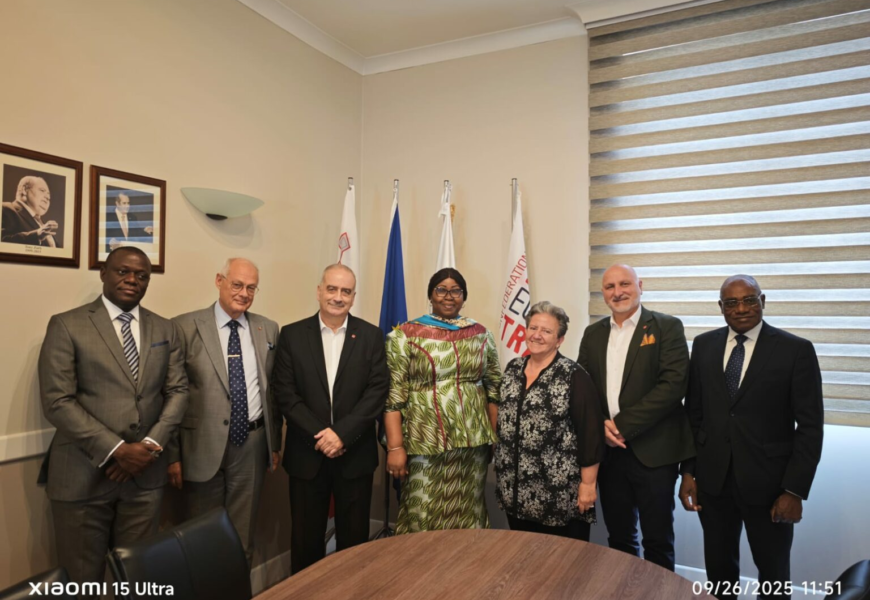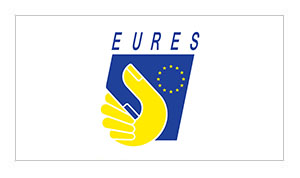Strengthening Bilateral Relations for Greater Integration
The General Workers’ Union (GWU) recently held a meeting with Her Excellency Nogozene Bakayoko, Ambassador of the Ivory Coast, to discuss strengthening bilateral relations between Malta and the Ivory Coast, with a particular focus on collaboration between trade unions. The meeting highlighted the importance of unions in decision-making processes and explored opportunities for sharing best practices.
Ambassador Bakayoko expressed her commitment to enhancing diplomatic ties, referencing her recent meeting with the President of Malta, Her Excellency Myriam Spiteri Debono. “Trade unions are vital everywhere, as they represent the voice of workers in both local and international decision-making. I look forward to cooperating and moving forward with shared ideas,” she stated.
She explained that in her country, there is an agreement between unions and the government to avoid strikes that could paralyze the nation. Instead, they prioritize dialogue and compromise, fostering stability and progress. Bakayoko emphasized the need for greater inclusion and synergy in societies and workplaces.
Trade Unions as Pillars of Social Dialogue
GWU President Victor Carachi underscored the role of trade unions in Malta, noting that they are key social partners within the Malta Council for Economic and Social Development (MCESD). “This council brings together unions, social partners, and the government to make important decisions that shape the country’s economic and social development,” Carachi said. He reaffirmed that the right to strike is a fundamental and sacred right for workers, both in Malta and abroad.
Deputy Secretary General Kevin Camilleri elaborated on the practices used by Maltese trade unions when disagreements arise. He explained that every effort is made to resolve disputes through the structures of the Department of Industrial and Employment Relations (DIER). “Sitting around the table and seeking conciliation is a crucial step in the process. Only if this fails do unions resort to industrial action, which remains the strongest tool available to workers,” Camilleri said.
Towards Holistic Integration Policies
Camilleri also highlighted the role of migration policies in promoting inclusion but stressed that the next step must be a holistic approach to integration. “We need policies that foster synergy within communities and workplaces,” he added.
Both parties expressed a strong interest in learning from each other’s experiences and exploring opportunities for cooperation, particularly in promoting cultural understanding between nations. This, they agreed, would contribute significantly to deeper integration and mutual respect.







